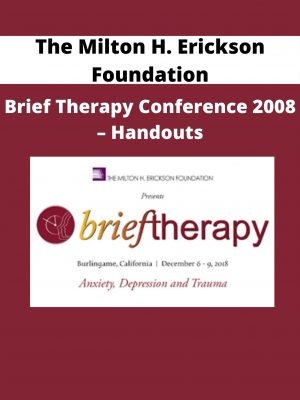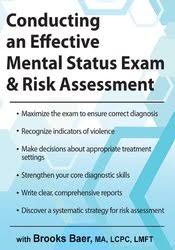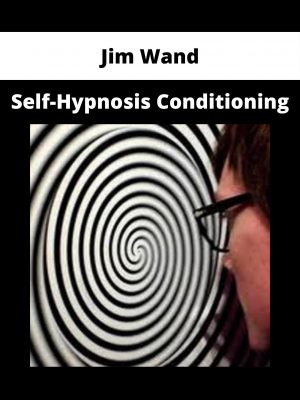-
×
Dan Sheridan – Trading Weekly Options for Income in 2016 1 × $49
-
×
TradeSmart University – Memorial Day Announcement (2014) 1 × $45
-
×
Jimmy Kim – Build My List 1 × $35
-
×
Talmadge Harper – Lucky In Life 1 × $10
-
×
Wendi Friesen – Self Hypnosis 2 – The Power Within 2 × $10
-
×
Shihan Richard Van Donk – Ninjutsu Black Belt Home Study Course 1 × $94
-
×
The Milton H. Erickson Foundation – Brief Therapy Conference 2008 – Handouts 1 × $56
-
×
Richard Dobrusin – An Osteopathic Approach to the Thoracic Outlet Syndrome (TOS) 1 × $10
-
×
Steven Zonner – Concussion 1 × $9
-
×
Sristi Nath – Anxiety Disorders 1 × $5
-
×
Bob Proctor – The Goal Achiever 1 × $40
-
×
Hale Dwoskin – Happiness Is Free: And It’s Easier Than You Think 1 × $40
-
×
Amy Walker – Complete Standard American Accent Tutorial Course 1 × $28
-
×
Dr. Joe Dispenza – Morning and Evening Meditations 1 × $10
-
×
Jeff Howard – Mental Impotence Healer 1 × $9
-
×
Mike Reinold – Inner Circle – Assessing the Shoulder Shrug Sign 1 × $28
-
×
Mike Whitfield – Workout Finishers 2.0 1 × $26
-
×
Devaa Haley Mitchell & Elayne Kalila Doughty – Living Your Soul’s Calling 1 × $84
Subtotal: $598

 Dan Sheridan – Trading Weekly Options for Income in 2016
Dan Sheridan – Trading Weekly Options for Income in 2016  TradeSmart University – Memorial Day Announcement (2014)
TradeSmart University – Memorial Day Announcement (2014)  Jimmy Kim – Build My List
Jimmy Kim – Build My List  Talmadge Harper – Lucky In Life
Talmadge Harper – Lucky In Life  Wendi Friesen – Self Hypnosis 2 – The Power Within
Wendi Friesen – Self Hypnosis 2 – The Power Within  Shihan Richard Van Donk – Ninjutsu Black Belt Home Study Course
Shihan Richard Van Donk – Ninjutsu Black Belt Home Study Course  The Milton H. Erickson Foundation – Brief Therapy Conference 2008 – Handouts
The Milton H. Erickson Foundation – Brief Therapy Conference 2008 – Handouts  Richard Dobrusin – An Osteopathic Approach to the Thoracic Outlet Syndrome (TOS)
Richard Dobrusin – An Osteopathic Approach to the Thoracic Outlet Syndrome (TOS)  Steven Zonner – Concussion
Steven Zonner – Concussion  Sristi Nath – Anxiety Disorders
Sristi Nath – Anxiety Disorders  Bob Proctor – The Goal Achiever
Bob Proctor – The Goal Achiever  Hale Dwoskin – Happiness Is Free: And It’s Easier Than You Think
Hale Dwoskin – Happiness Is Free: And It’s Easier Than You Think  Amy Walker – Complete Standard American Accent Tutorial Course
Amy Walker – Complete Standard American Accent Tutorial Course  Dr. Joe Dispenza – Morning and Evening Meditations
Dr. Joe Dispenza – Morning and Evening Meditations  Jeff Howard – Mental Impotence Healer
Jeff Howard – Mental Impotence Healer  Mike Reinold – Inner Circle – Assessing the Shoulder Shrug Sign
Mike Reinold – Inner Circle – Assessing the Shoulder Shrug Sign  Mike Whitfield – Workout Finishers 2.0
Mike Whitfield – Workout Finishers 2.0  Devaa Haley Mitchell & Elayne Kalila Doughty – Living Your Soul’s Calling
Devaa Haley Mitchell & Elayne Kalila Doughty – Living Your Soul’s Calling 





![Iawake Technologies – Beginner’s Mind (neuroflow Series) [6 Webrips – Wav User Manual – Pdf]](https://copicourse.com/wp-content/uploads/2021/08/iawake-technologies-beginners-mind-neuroflow-series-6-webrips-wav-user-manual-pdf-300x400.jpg)


